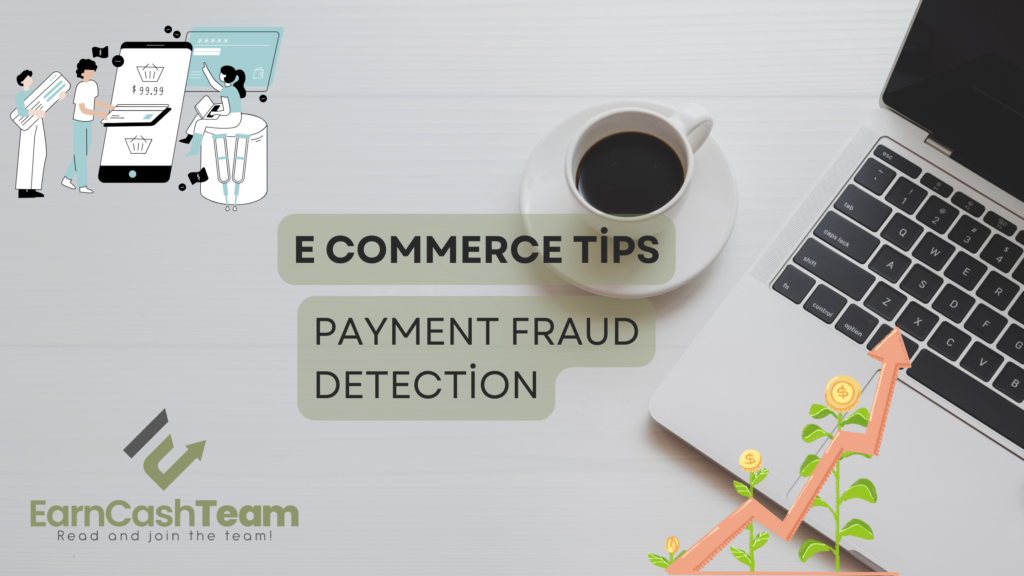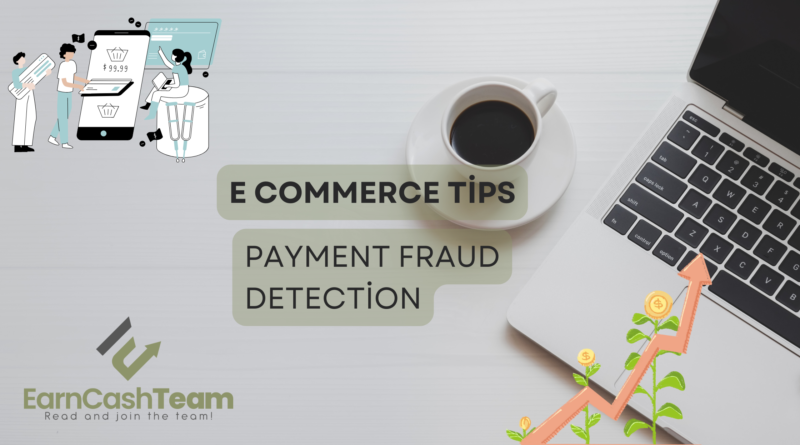Payment Fraud Detection in E-Commerce (EXPLAINED)
Payment fraud detection in e-commerce is of critical importance for its security, especially given recent events like COVID-19 that have encouraged consumers to purchase more online. Merchants need to be able to recognize suspicious transactions quickly in order to defend themselves from potential criminals attempting to access stolen credit card numbers and use other illegal means for fraudulent gain.
You can check out other tips for e commerce with us!

While PCI standards provide an important baseline, e-commerce companies need more sophisticated ways of detecting and preventing fraudulent behavior like account takeover (ATO), transactional fraud, refund fraud, card testing, and triangulation fraud. Thankfully there are tools available that can assist e-commerce businesses stay one step ahead of the bad guys.
AVS and CID checks are essential tools in protecting e-commerce from credit card scams. By performing simple verification checks such as AVS/CID verifications, fraud incidents can be reduced by up to 50 %. Furthermore, restricting how many purchases any individual customer can make per day and flagging orders over this threshold amount could further help detect fraudsters testing stolen cards.
Card testing (also referred to as carding) is a type of fraud where criminals acquire stolen credit cards through either purchasing them on the dark web or hacking into customers’ accounts, then visiting e-commerce sites to conduct small test purchases with them to see if they’re valid before moving onto larger fraudulent transactions if successful. Unfortunately, this form of fraud can be difficult for merchants to detect as by the time it is detected by authorities, criminals have likely conducted many more fraudulent transactions that cost much more than initial test purchases were undertaken.
Custom risk rules and block lists based on contextual data can help to detect these forms of fraudulent activity. A block list that detects repeated attempts to enter incorrect credit card details incorrectly could be an indicator of ATO. Other signs include sudden increases in orders from countries your business had no marketing presence in, as well as multiple orders being placed from one IP address at once.
Refund fraud is one of the most dangerous forms of e-commerce fraud, in which criminals make a profit by buying goods in your online store, returning them for refund, and then filing chargeback requests with credit card companies or banks to get their money back. To protect against refund fraud, ensure your risk management system can identify patterns associated with refund fraud and use block lists to prevent bad shoppers from returning with new cards.
Avoiding sensitive customer data collection (birthdays and social security numbers, for instance) can also reduce eCommerce fraud risks; not only will this improve user experience but it will limit customers’ exposure in case of data breach.




